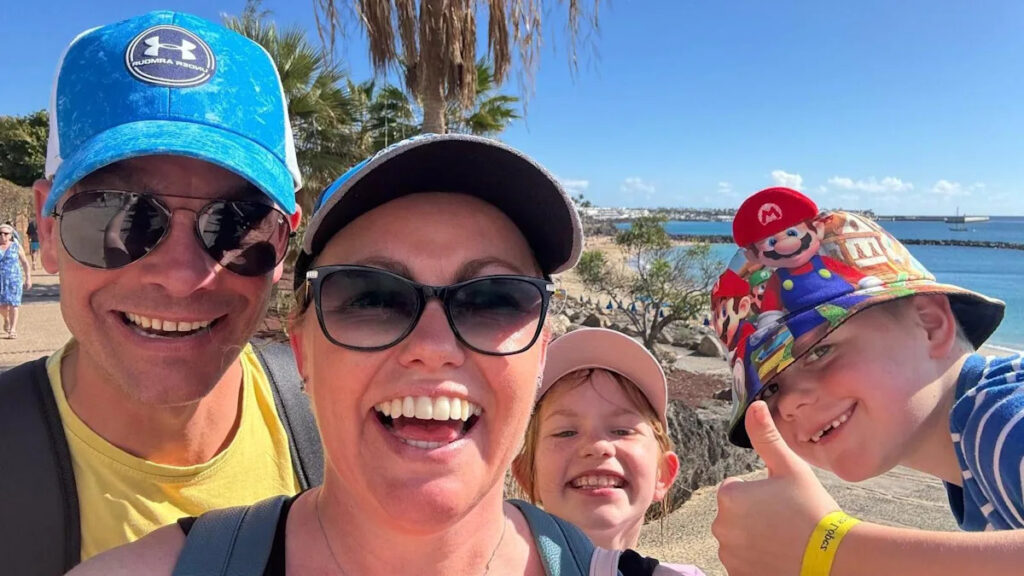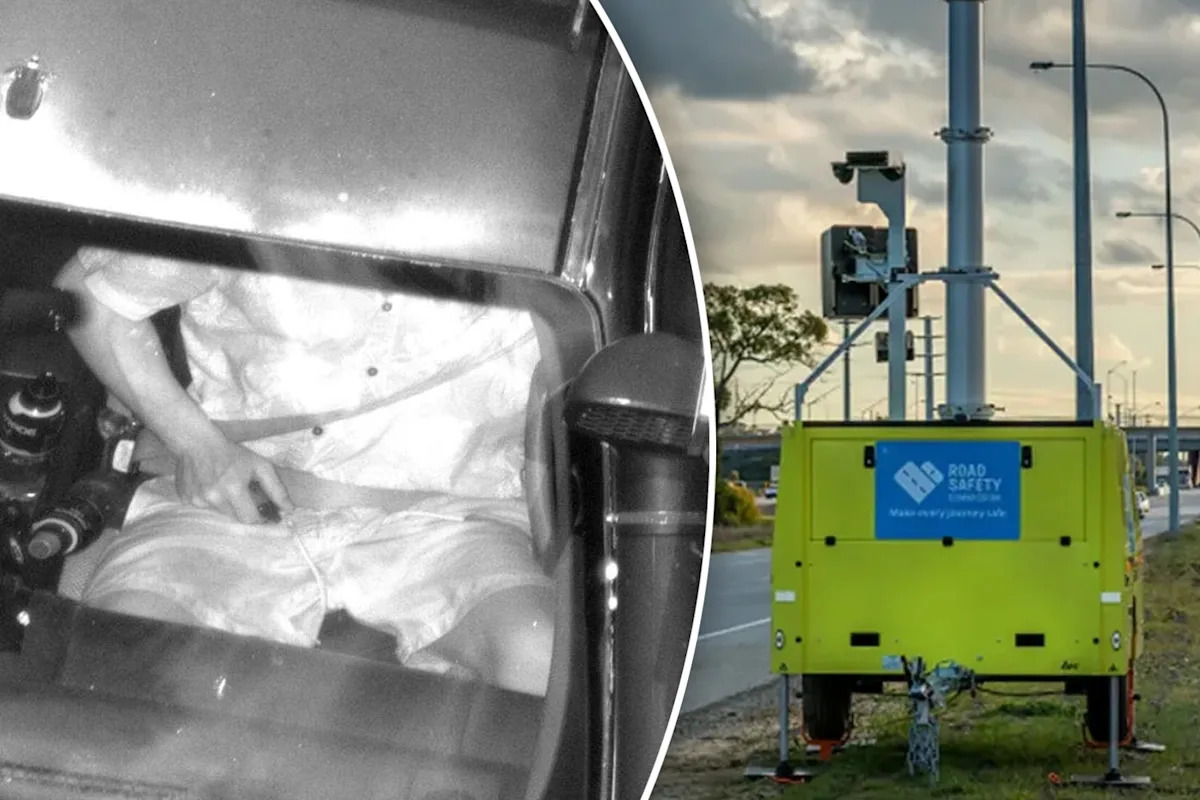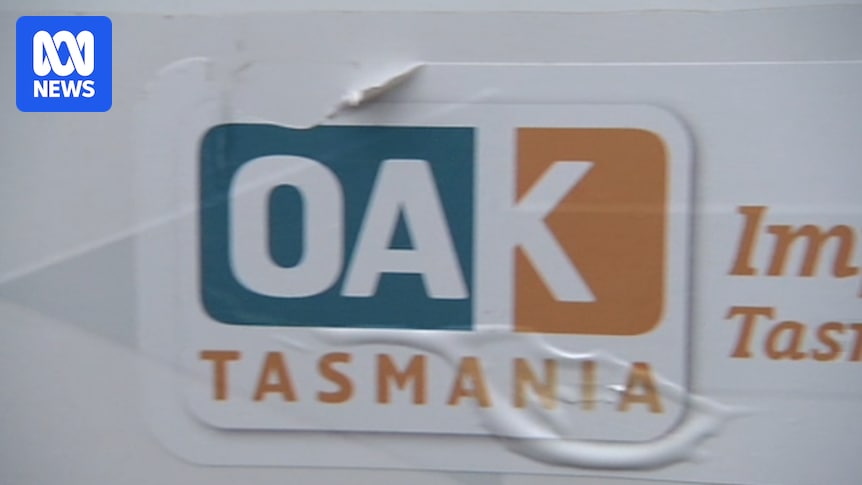
Gemma Botting was overwhelmed with emotion when she read the headlines about a groundbreaking treatment for Huntington’s disease. “I must have cried for three hours,” she shared. “Then the kids got home from school and I showed my daughter the BBC story, and she burst into tears.”
The news was particularly poignant for Gemma, whose husband, Matt, was diagnosed with Huntington’s disease in 2011. This debilitating condition, which combines symptoms of dementia, Parkinson’s, and motor neurone disease, is typically fatal within two decades of symptom onset. Matt began showing symptoms two years ago.
Until this week, there had been no treatment. However, researchers announced on Wednesday that a new gene therapy has managed to slow the progression of the disease by 75%. “It is like winning the lottery 10 times over,” Gemma, 45, exclaimed. “I had accepted I would never get to grow old with my husband and that he might never see the kids become adults. That has all changed now.”
Making the Most of Time Together
Gemma and Matt, who reside just outside Swindon with their children, Amelie, 11, and Hugo, 8, have always tried to make the most of their time together. After Matt’s diagnosis, they took a year off from their logistics industry jobs to travel the world. “We got all our holidays in at once before we had the children,” Gemma explained.
Even having children required careful planning. The couple decided to screen out the gene responsible for the disease. They chose to conceive naturally and test the developing embryo, agreeing to abort if the test was positive, which it was during their second pregnancy. “We thought carefully about what we wanted to do,” Gemma said. “In the Huntington’s community, not everyone agrees with screening it out. But we both knew we did not want our children growing up with the possibility of having this gene. It is such a cruel, cruel disease.”
‘Hope Where There Was No Hope’
Matt, now 43, is still able to walk but has become clumsy and mentally affected. “He has angry outbursts and has no empathy altogether,” Gemma noted. “For example, if one of the children hurts themselves, he will laugh. It’s worse when he’s tired. That’s how Huntington’s works – it alters your personality, and that is incredibly hard for the children to understand.”
Having retired on health grounds, Matt no longer works. “In some ways, we are lucky he got past 40 with no signs of it,” Gemma reflected. “His mother died from the disease when she was 40. And now we have the prospect of a treatment. We have got hope where there was no hope.”
This sentiment resonates throughout the Huntington’s disease community. Gemma, who works as a counsellor in the evenings, often supports people who have just been tested for the disease. “Depression is the most common issue as they feel all is lost. That is why the news about the treatment is so important. It will give everyone a lift,” she explained.
“Our neighbours and friends are even talking about fundraising so we can pay for the treatment. I just hope it is made available on the NHS quickly.”
The Path to the NHS
The question of when the treatment will be available on the NHS is on the minds of many affected by the disease. The company behind the therapy, uniQure, plans to apply for a license in the US in early 2026. If approved, the UK regulator, the Medicines and Healthcare Regulatory Agency (MHRA), can expedite the process.
However, the decision on affordability for NHS use will fall to the National Institute for Health and Care Excellence (NICE). As a gene therapy involving brain surgery, it will be expensive, but NICE has previously approved costly treatments for conditions like sickle cell and haemophilia.
The earliest the Huntington’s therapy could be approved is the first half of 2027, contingent on a smooth process. The study’s full findings need to be published and assessed by independent experts, as the trial involved only 29 participants over 36 months. Despite the small scale, the case for this treatment is strong due to the lack of current options.
Even if licensed, the therapy will only benefit a subset of patients with early-stage symptoms or those not yet symptomatic. The complexity of the surgery means only specialist centers can perform it.
Prof David Rubinsztein, deputy director of the Cambridge Institute for Medical Research, emphasized, “The scale of this breakthrough should not be underestimated. It offers ‘real hope’ for this devastating disease and could have broader implications for treating other neurodegenerative diseases.”
Gemma acknowledges that there is still a long way to go before Matt can benefit, but she remains optimistic. “It’s like a dream – I can start thinking about growing old with my husband. That would mean the world to me and my children.”
What is Huntington’s Disease?
Huntington’s disease is caused by a genetic mutation in the huntingtin gene. If one parent has the disease, there is a 50% chance of passing the altered gene to their children, who will eventually develop the disease.
This mutation transforms a normal brain protein, the huntingtin protein, into a neuron killer. The new treatment aims to permanently reduce levels of this toxic protein with a single dose, using advanced genetic medicine that combines gene therapy and gene silencing technologies.






